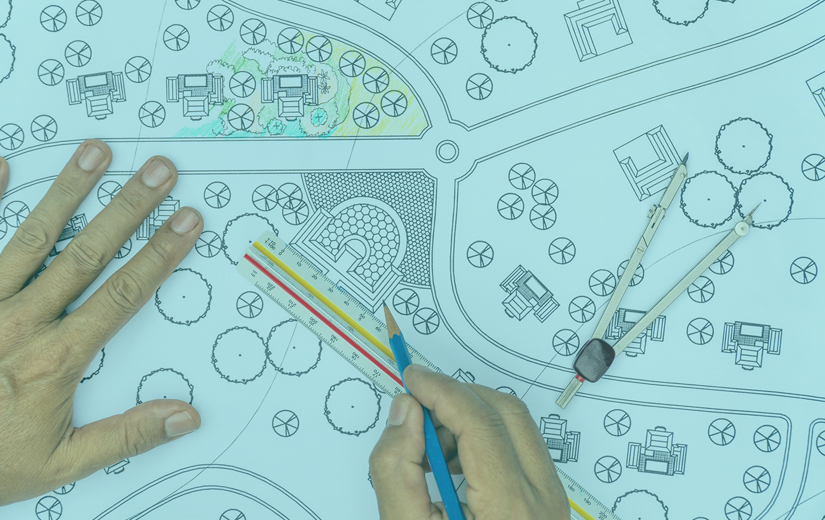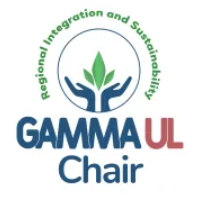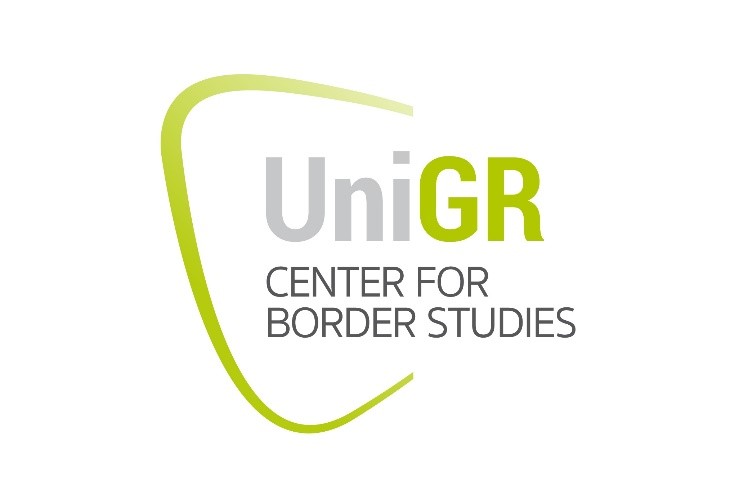Our research projects
The Department’s research projects range from large multinational consortia (e.g. Horizon Europe) over bi-national projects to domestically funded ventures. They receive funding from the European Commission, international networks, national funding agencies, foundations, ministries, municipalities, or civil society organisations. Postdoctoral and Doctoral Training is an inherent part of most endeavours, as is the collaborative dialogue with societal stakeholders.
Discover

Home of renowned international networks & collaborations
The Department of Geography and Spatial Planning hosts the National Contact Point for the EMN (European Migration Network), the FRANET National Focal Point for the European Union Agency for Fundamental Rights (FRA) and coordinates the UniGR-Center for Border Studies.
The European Migration Network is a network of migration and asylum experts who work together to meet the information needs of Union institutions and of Member State’s authorities. The network provides up-to-date, objective, reliable and comparable information on migration and asylum, to support policymaking in the European Union. It was established by Council Decision 2008/381/EC.
The Chair was established in 2019 through a multi-annual convention with the City of Esch. The Chair attempts to construct a conceptually sophisticated understanding of urban regeneration, based on formal and informal exchanges with the City administration and, in particular, local residents and stakeholders using a vacant shop in Esch.
Chairholder
The chair is responsible for coordinating innovative research on policy coherence for sustainable development (PCSD). The Chair works with coordinators of other branches in order to contribute to the program’s impacts on civil society, governmental decision-making, and capacity-building and training. It will also help to reinforce science-policy coherence by focusing on how information is collected and utilized by academics and decision-makers. The Chair was established in August 2018 through an inter-institutional agreement between the Instituto de Ecología, AC (INECOL), Xalapa, Mexico and the University of Luxembourg (DGEO).
FRANET is the European Union Agency for Fundamental Rights’ multidisciplinary research network. It is composed of contractors in each EU Member State, the UK and in countries which have Observer status. Upon request, the contractors provide reports and relevant data on fundamental rights issues to the Agency (FRA) to facilitate the Agency’s comparative analyses. The FRANET National Focal Point in Luxembourg fosters networking activities and provides contracted reports and data to FRA.
The UniGR-CBS is an Interdisciplinary Center of Expertise of the University of the Greater Region (UniGR) and combines the expertise of the border researchers of its partner universities (University of Luxembourg, University of Kaiserslautern-Landau, University of Liège, University of Lorraine, Saarland University, Trier University). It has been shaping the Greater Region since 2014 and works across borders and border spaces in Europe and beyond. The involved border researchers investigate socioeconomic and sociocultural issues and provide practice-oriented solutions for challenges in border regions. As a founding member, the Department of Geography and Spatial Planning is proud to host the coordination unit of the UniGR-Center for Border Studies




